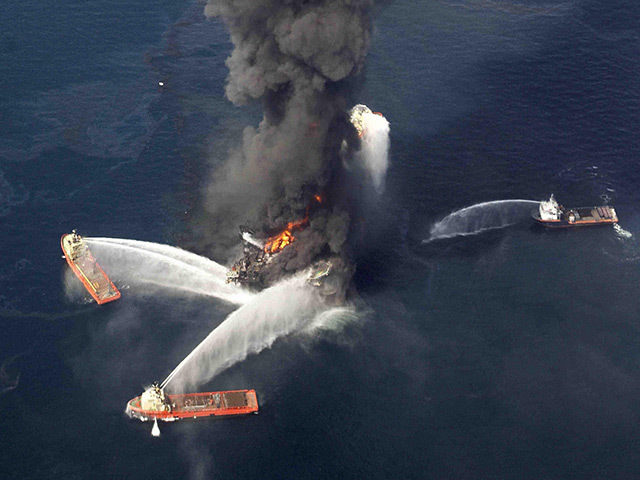
Following the tragedy that was Macondo, the global oil and gas industry and all its regulators and stakeholders have been self-critiquing, reflecting, measuring and analysing in an effort to learn from, improve and prevent the recurrence of past failings.
This has led to the inevitable workgroups, task forces, self-regulation and other worthy actions. But where we have seen the most obvious shift is in the global industry’s approach to understanding and ensuring workforce competence.
No longer is it acceptable to tick the relevant boxes and assume that the workforce is competent and therefore safe because it has been trained.
It is now imperative that employers across the whole supply chain from drillers and contractors to operators and equipment and service providers can demonstrate and, more crucially, prove the competence and safety of their workforce.
This is what will reduce the risks and potential for human error in our industry.
In an effort to achieve this step-change, employers in many parts of the world have turned to Opito (Offshore Petroleum Industry Training Organisation) for advice and guidance on building a system which ensures effective management of competence that is underpinned by robust industry standards which are developed and maintained by Opito on behalf of the global industry.
Never before has this organisation been so challenged by employers to help them set up effective systems which manage and measure competence.
The Opito competence model has been tried and tested. It is proven to be effective largely because it integrates Opito standards, onsite and offsite training regimes, workplace assessments, verification and globally recognised qualifications.
It helps to create processes which leave no stone unturned and ensures that competency management is firmly embedded within the entire workforce.
The focus of this year’s global Opito Safety and Competency Conference (OSCC) this month (November 19 in Abu Dhabi) is therefore firmly on competence and will provide the audience with a detailed insight into how to build an effective competence and safety management system that is flexible in nature so it works for the business, the environment and, most importantly, helps people go to work and come home safely.
The purpose of a competence management system is to control, in a logical and integrated manner, the activities that will assure competent performance. Individuals must be clear about the performance expected of them, be assured that they have received appropriate training, development assessment and re-assessment; and that their competence is maintained or enhanced over time.
Opito’s approach has six key factors: demonstrating leadership and commitment; identifying safety critical activities to control major accident hazards; setting procedures and standards, taking action to improve competence and a commitment to continuous improvement.
As leaders in the safety revolution and proponents of change, Opito is helping build a safer and more competent oil and gas workforce, from the North Sea to Oman, Iraq, Malaysia and beyond.
During the conference we will explore how a global approach to training standards, frameworks, qualifications and quality assurance of the training supply network add value for employers and what this means for individuals in the workplace.
While different regions have their own sensitivities it is vitally important for the oil and gas industry to work on a global scale to ensure the highest standards in safety and competency throughout. This year’s conference will debate what can be done to improve practices in training, qualifications, frameworks and quality assurance.
At the same time we have to ensure we are bringing through the workforce of tomorrow. Crucial in our future success will be the continuation of the high standards of skills and competencies of those within the industry and we will be examining the best ways for employers to make this a reality.
The conference is therefore a “must attend” event for those looking to be involved at the forefront of safety improvements in the oil and gas industry worldwide.
Given that this should apply to every single senior manager in the industry from IOCs to NOCs and from large contractors, drilling and service companies, we are looking forward to a record attendance this year.
David Doig is group chief executive at the Offshore Petroleum Industry Training Organisation
Recommended for you
